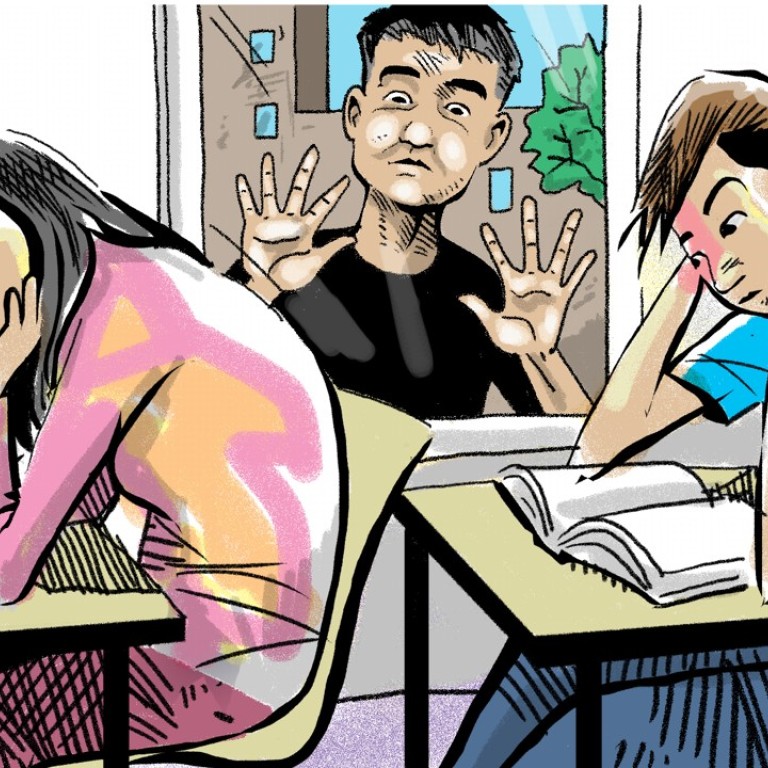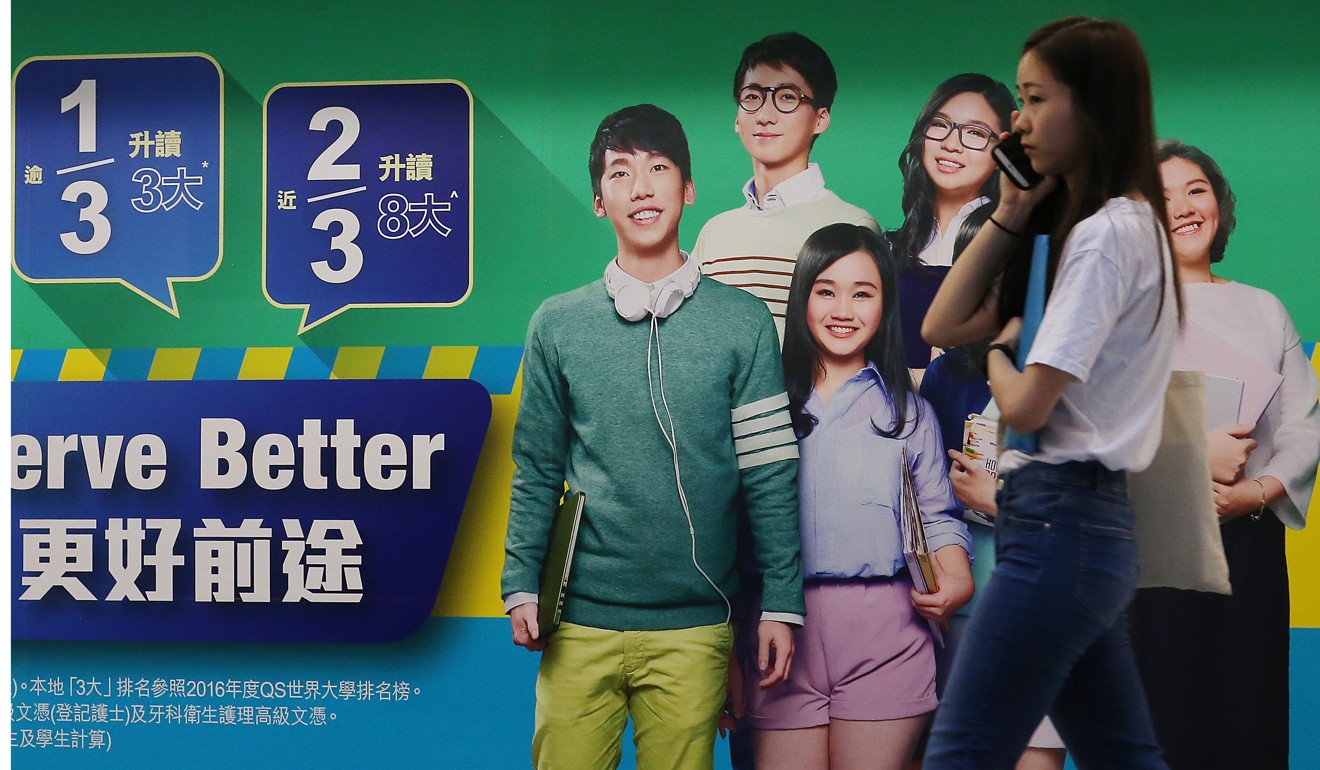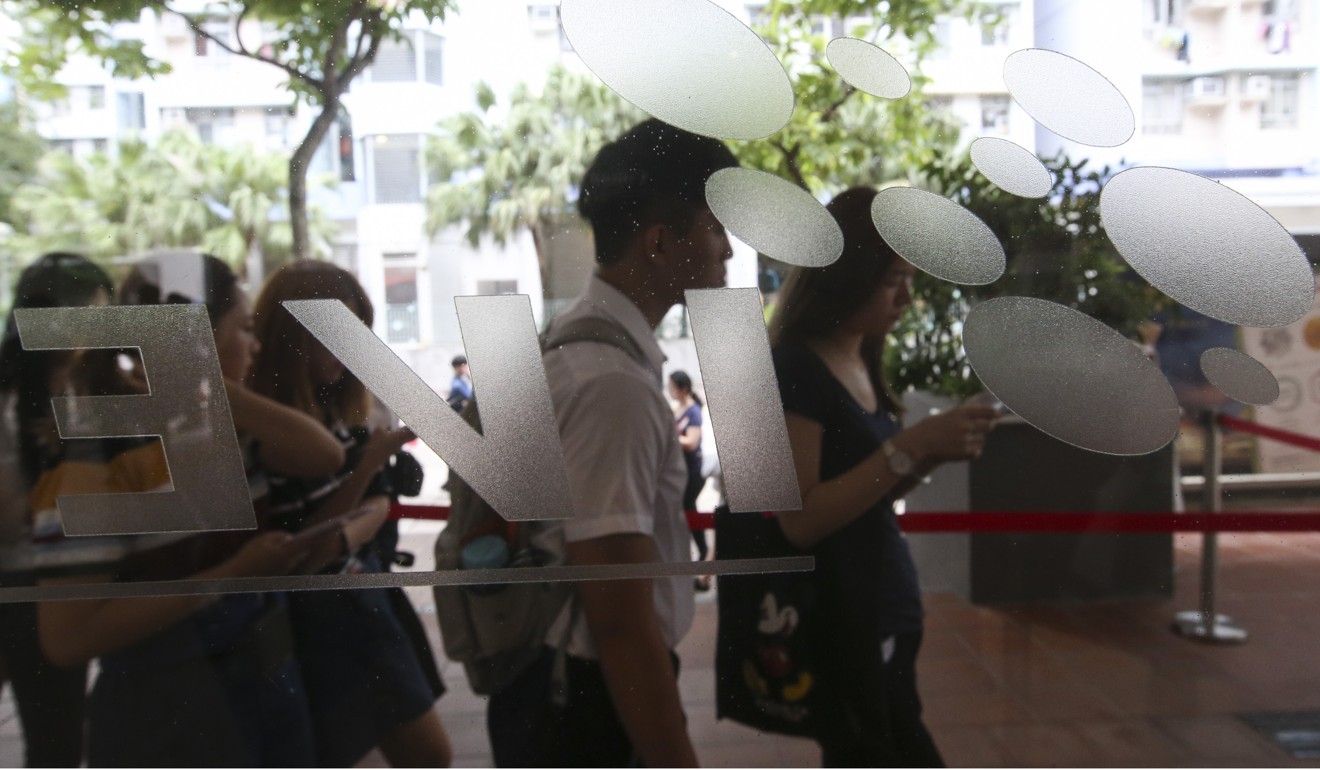
How higher education in Hong Kong reinforces social inequalities
Paul Yip and Chenhong Peng say the sub-degree programmes that tend to attract youth from less-privileged backgrounds cost more to attend yet offer less wage potential than a full degree. It’s time for officials to do more to help those who fail to earn a government-funded university place
The higher education sector in Hong Kong has experienced substantial expansion in the past 30 years. In the early years of the colony, university education was aimed primarily at the Chinese elite who could take up a public service role after graduation. In 1965, just 2.2 per cent of the university-age cohort were enrolled in a degree programme.
It was not until the late 1980s that the government decided to expand the higher education sector. The first wave of reform came about by raising the number of publicly funded degree places.
The Hong Kong University of Science and Technology was established in 1991. And, in 1994, three institutions – Hong Kong Polytechnic, City Polytechnic and Baptist College – were granted university status. As a result, the participation rate of students in publicly funded first-year, first-degree programmes grew from 8.8 per cent in 1989 to 18.1 per cent in 1996.
Then came the second wave of reform in 2001, in which private education providers were encouraged to offer self-financed sub-degree programmes. Including these associate degree programmes, the tertiary education participation rate nearly doubled, from 33 per cent in 2000 to 64 per cent in 2006.
On the whole, this expansion has raised the education level of Hong Kong society. But how has the huge increase in the supply of tertiary graduates affected wages? And how have the returns to tertiary education in Hong Kong – both at the degree and sub-degree levels – changed over the past 20 years?
Median salary of Hong Kong sub-degree graduates only 3 per cent more than those from high schools
To find out, we analysed data from the 1996, 2006 and 2016 population census reports, based on male workers aged 24 to 35. In 1996, holders of sub-degree certificates earned 40 per cent more than their secondary-school-educated counterparts. However, the earning difference slumped to 13 per cent in both 2006 and 2016. The decreased returns to a sub-degree tertiary education partially support the argument of credential inflation.

A sub-degree certificate also appears to confer little advantage in the labour market compared to a secondary-school certificate. This echoes the findings of the Education Bureau’s most recent survey of employer opinion on degree and sub-degree holders who graduated in 2013.
According to the survey report, employers gave sub-degree graduates a performance rating of 3.35 out of 5 on average. Among the nine major aspects of performance, they performed poorest in management skills (3.13 out of 5) and proficiency in English (3.15). Moreover, there was significant discrepancy between employers’ expectations and graduates’ performance in analytical and problem-solving skills, work attitude and interpersonal skill.
Why diversity is under threat in Hong Kong’s post-secondary education sector
Degree holders fared marginally better than their sub-degree counterparts in terms of wage returns. In 1996, degree holders earned 70 per cent more than their secondary-school-educated counterparts. The earning difference fell to 42 per cent in 2006 and further dropped to 37 per cent in 2016.
In the employers’ survey, about 75 per cent of employers said they were satisfied with the performance of the degree holders they hired.
The transition from elite higher education to mass higher education in Hong Kong has primarily been achieved through the expansion of self-financed sub-degree programmes. The intake of full-time sub-degree students skyrocketed from 2,600 in 2000/2001 to 19,800 in 2014/2015.
Self-financing your way into university? Check if your degree falls under a new HK$30,000 subsidy

Following the money: Hong Kong self-financing degrees gain more students with new education subsidy
A recent study found that in 2013, 30 per cent of the young people enrolling in a sub-degree programme came from families living below the poverty line. As sub-degree programmes are mainly self-financed and the annual tuition fee can be as high as HK$40,000 to HK$50,000, these young people would probably have to take out a loan to pay for their education. Despite such hefty investment, however, the returns are low.
By contrast, the increase in the publicly funded degree programmes has been rather stable. The student intake increased from 14,200 in 2000/2001 to 17,500 in 2014/2015. Almost half (48.2 per cent) of the young people enrolled came from the wealthiest 10 per cent of families, and only 7 per cent came from families living below the poverty line.
How a Hong Kong charity plucks top university graduates to teach in underprivileged schools
In summary, our analysis suggests that the higher education system, to some extent, exacerbates the level of inequality in Hong Kong. Students from rich families are more likely to enrol in publicly funded degree programmes and enjoy the higher returns they generate while students from poor families are more likely to enrol in a self-financed sub-degree programme, which only generates low returns.
It is the time for government to take a hard look at its higher education policy. It should try to improve the quality of self-financed sub-degree programmes, which would help to raise wage potential in the labour market.
The wealth gap widens in Hong Kong education
Furthermore, some form of subsidy or compensation is necessary to enable children from disadvantaged families to enjoy greater access to publicly funded degree programmes.
In view of the substantial financial surplus this year, we should provide education and training for those who did not make the cut to a government-funded degree programme. Flexible financial support should be provided to the young people who want to improve their skills and education.
The window of opportunity for skills enhancement closes fast, especially for those aged 15 to 24. If they aren’t helped to improve themselves, they will find it hard to enjoy upward mobility. At the end of the day, Hong Kong will lose its edge if its young people don’t advance themselves.
Paul Yip is a chair professor (population health) and an associate dean (research) in the Faculty of Social Sciences at the University of Hong Kong. Chenhong Peng is a PhD student in HKU’s Department of Social Work and Social Administration

